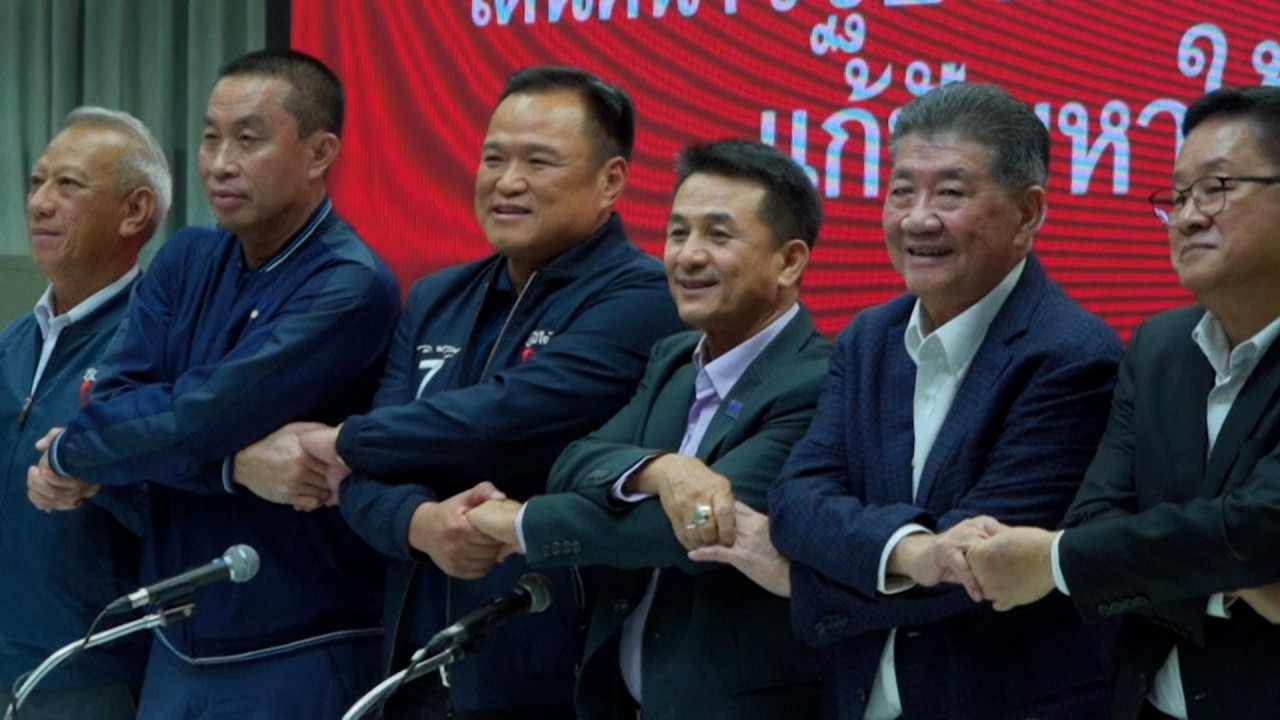
Global Impact: Southeast Asian politics provide plenty of drama and intrigue, but who are the real winners?
- Global Impact is a weekly curated newsletter featuring a news topic originating in China with a significant macro impact for our newsreaders around the world
- In this issue, we look back at recent elections in the likes of Cambodia, Thailand and Malaysia following a busy time for politics in Southeast Asia in recent weeks
The summer of 2023 is not yet over, but it has already cemented itself as one of the more pulsating periods of recent times as far as Southeast Asian politics is concerned.
The political patriarch made plans to return to the country, but upon warnings from royalists that he may face arrest upon arrival, he has changed his tune, saying he would only return when the situation is stable.
The elections for state assembly seats in six of the country’s 13 states returned a status quo, with his ruling alliance retaining the wealthy states of Selangor and Penang, as well as Negeri Sembilan, while the Islamist Perikatan Nasional retained its control of the Malay-Muslim heartland states of Kedah, Kelantan and Terengganu.
Neighbouring Singapore has never had the kind of roller coaster politics of its neighbours, but the summer of 2023 will be one to forget for the long-ruling People’s Action Party.
Stay tuned to see how that turns out.
60-Second Catch-up
Deep dives
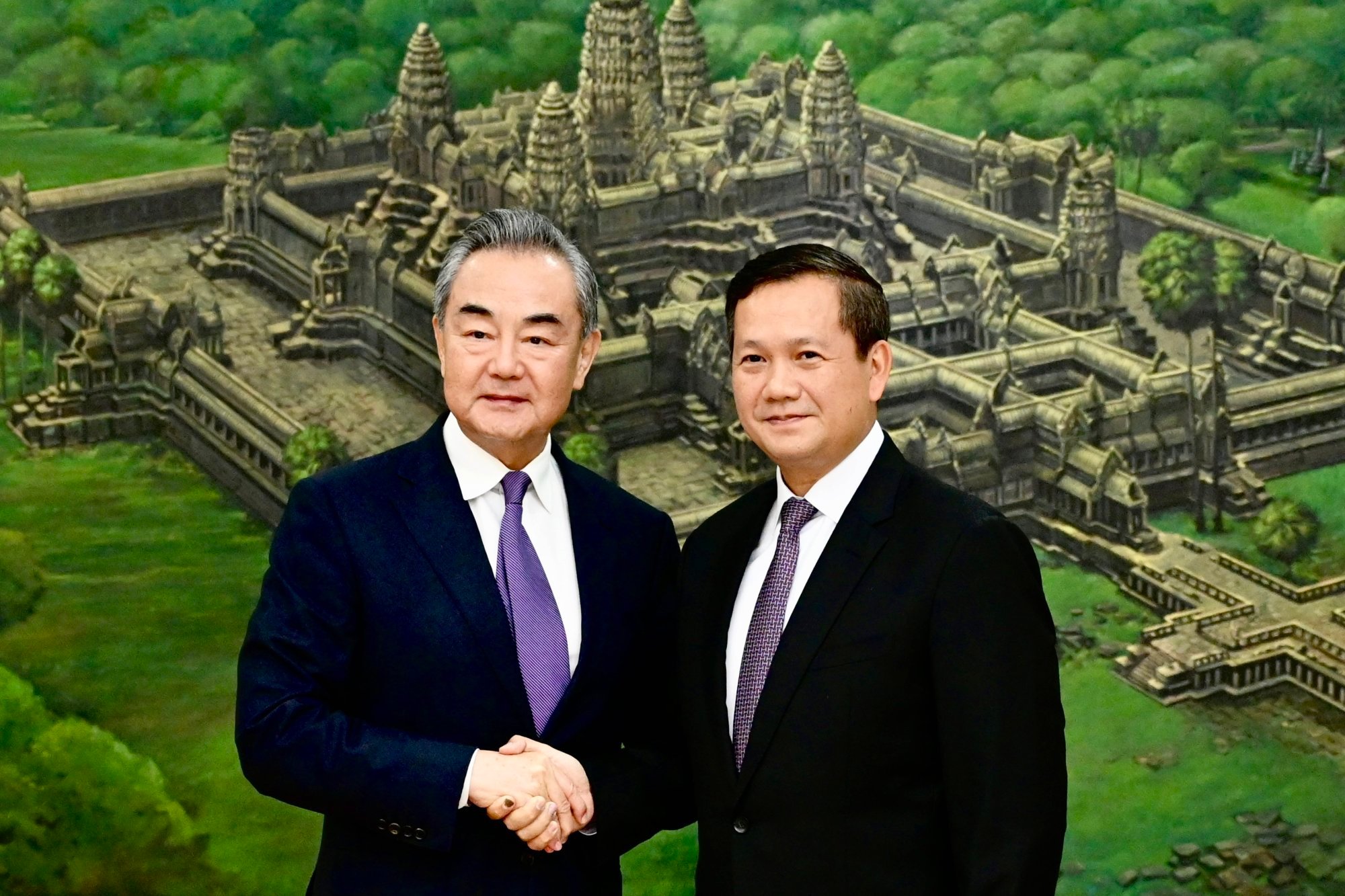
China pledges support for Cambodia’s changing of the guard in meeting with Hun Sen and son
-
Top Chinese diplomat says Beijing firmly supports Cambodia to safeguard national interests and national dignity and a greater role on world and regional stages
-
Incoming PM Hun Manet pledges to promote agriculture, manufacturing, economic and trade investment to strengthen coordination with China
China is willing to work with Cambodia’s new government to build close and high-quality ties, Foreign Minister Wang Yi said in a meeting with the country’s next leader, Hun Manet on Sunday.
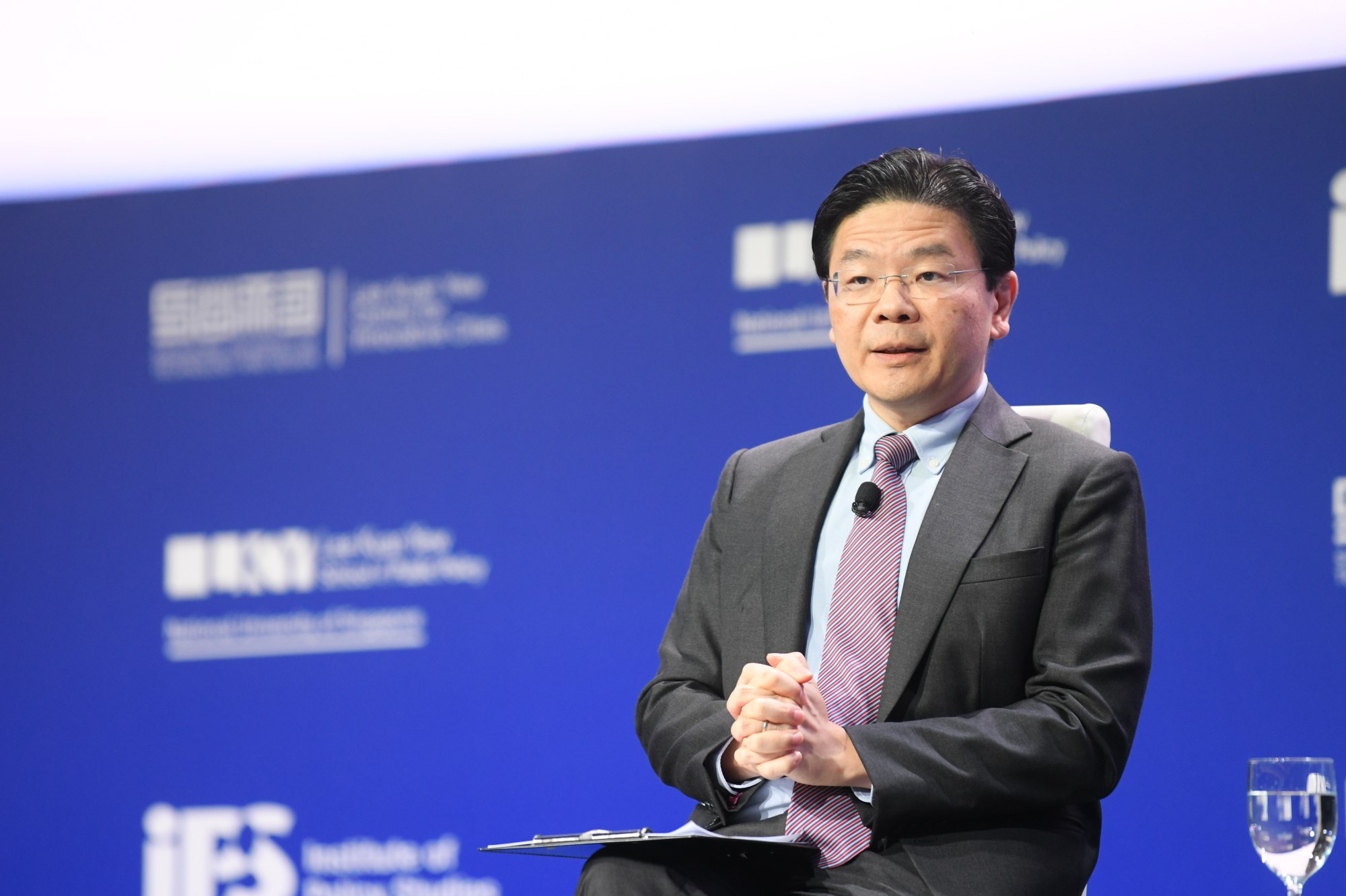
‘Extreme’ US-China rivalry could be ‘disastrous’ for global economy: Singapore’s Lawrence Wong
-
Singapore’s No 2 leader says various Western tech curbs are unlikely to ‘keep China down’
-
But he warned that the ‘collateral damage’ from financial measures amid the US-China economic row was unknown
In a wide-ranging dialogue session, Deputy Prime Minister Wong said he believed that the West’s various restrictions targeting Beijing’s access to cutting-edge technologies were unlikely to “keep China down”.
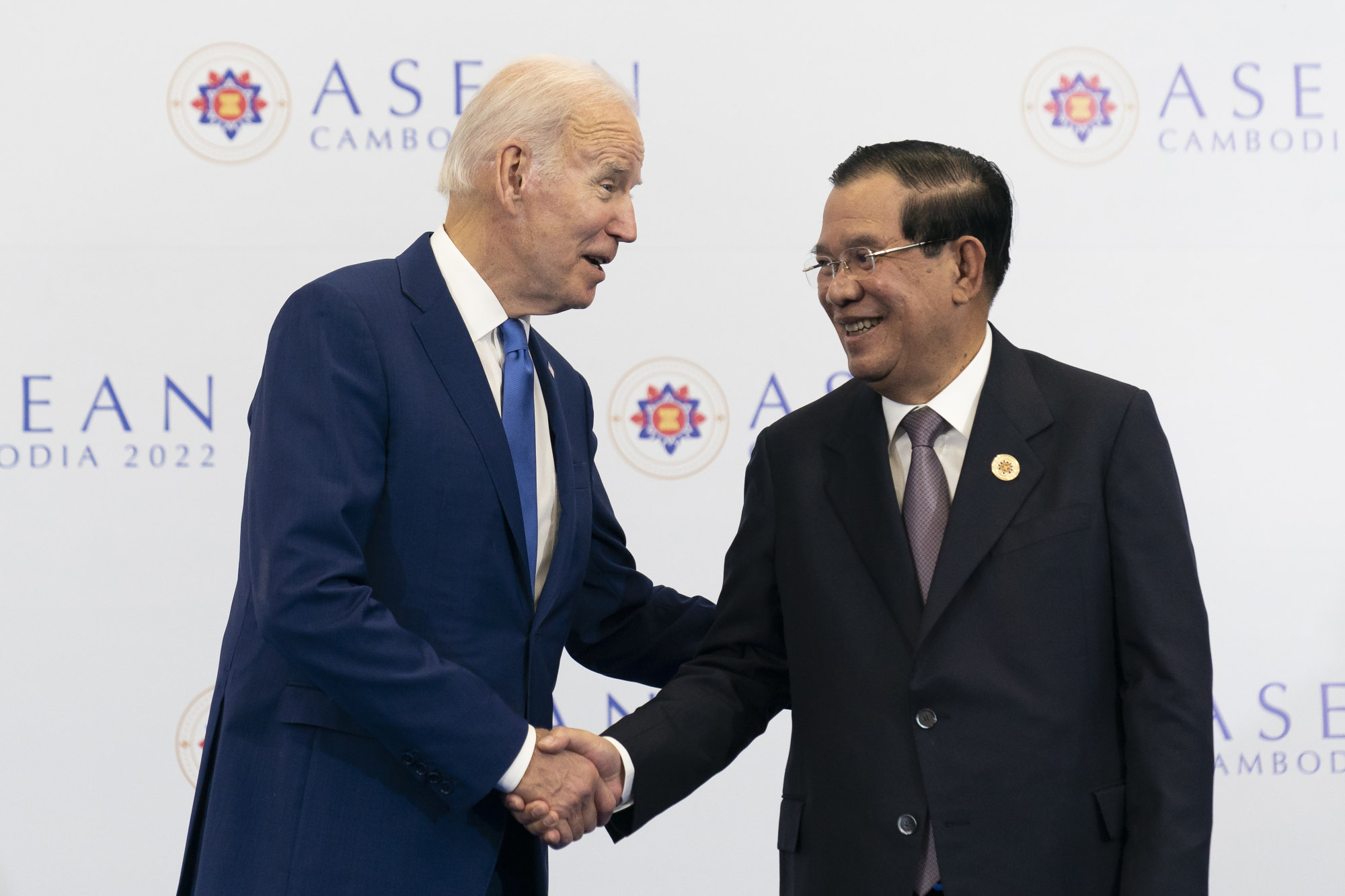
What next for Cambodia’s US ties, China trade after Hun Sen’s certain poll win?
-
Washington’s distrust of Hun Sen and concerns about a possible Chinese military presence in Cambodia have affected attempts to improve ties
-
While Cambodia has been trying to diversify its China-centric economic ties, its friendship with Beijing remains ‘unrivalled’, one analyst notes
On July 23, Prime Minister Hun Sen and his Cambodian People’s Party (CPP) are tipped to win 92 per cent of the 125 seats contested in the election, a walkover that will extend his long-time rule.
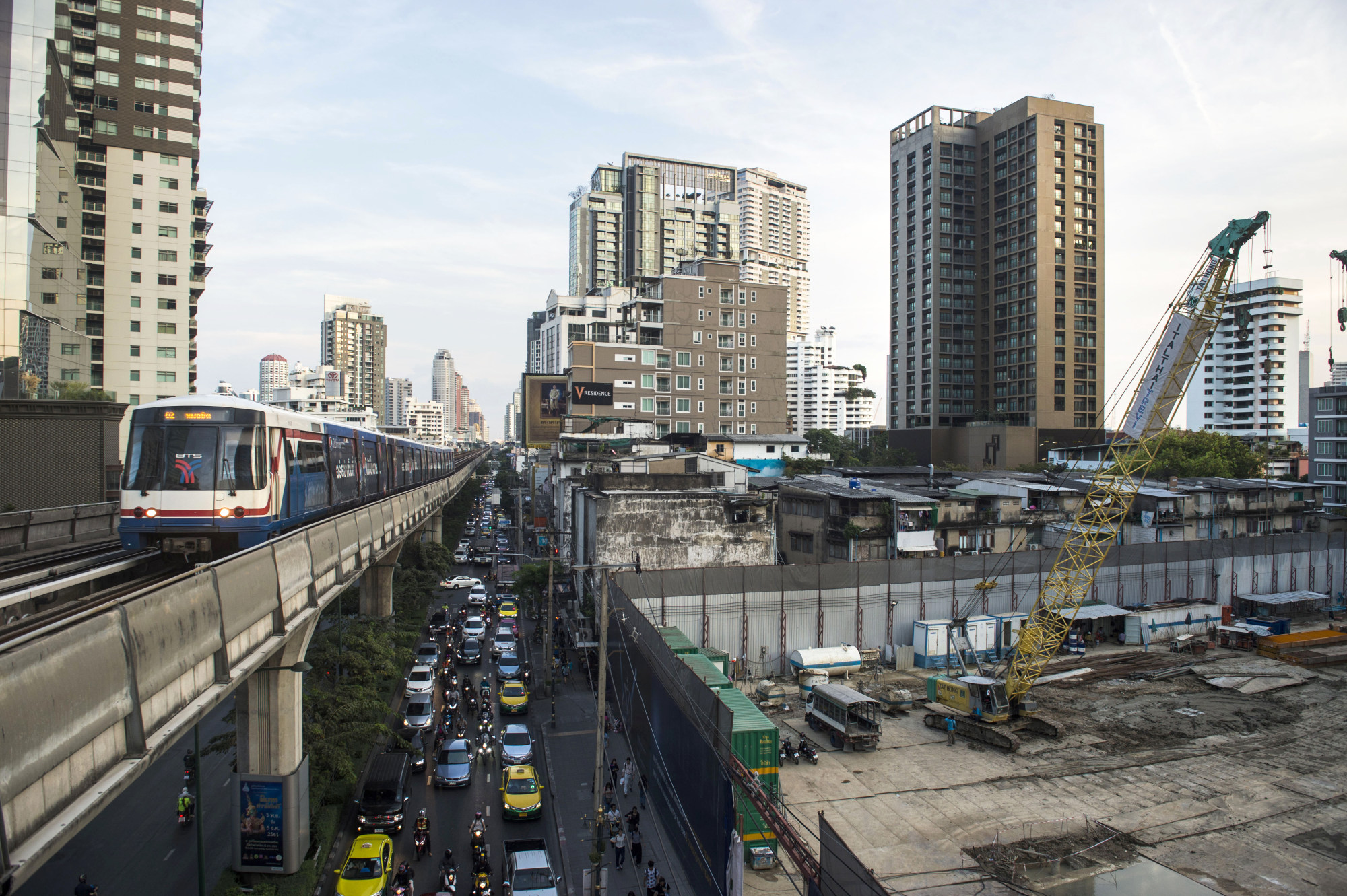
Pita, politics and policies: how the current political impasse is impacting Thailand’s property market
-
Real estate stakeholders are expected to lobby the new government to implement measures to boost the market, analysts say
-
Some 50,000 flats are likely to be launched this year in Thailand, slightly more than the 48,700 units last year, according to CBRE
Thailand’s political deadlock is turning potential homebuyers cautious in Southeast Asia’s second-largest economy, posing risks to the property market as some 50,000 flats are likely to be launched this year, analysts say.
“The market is currently slow but quite stable in terms of supply and demand as local buyers are now adopting a more wait-and-see attitude, rather than making a decision,” said Wittaya Dave Apirakviriya, general manager of ThinkOfLiving.com and DDproperty, a unit of proptech group PropertyGuru.
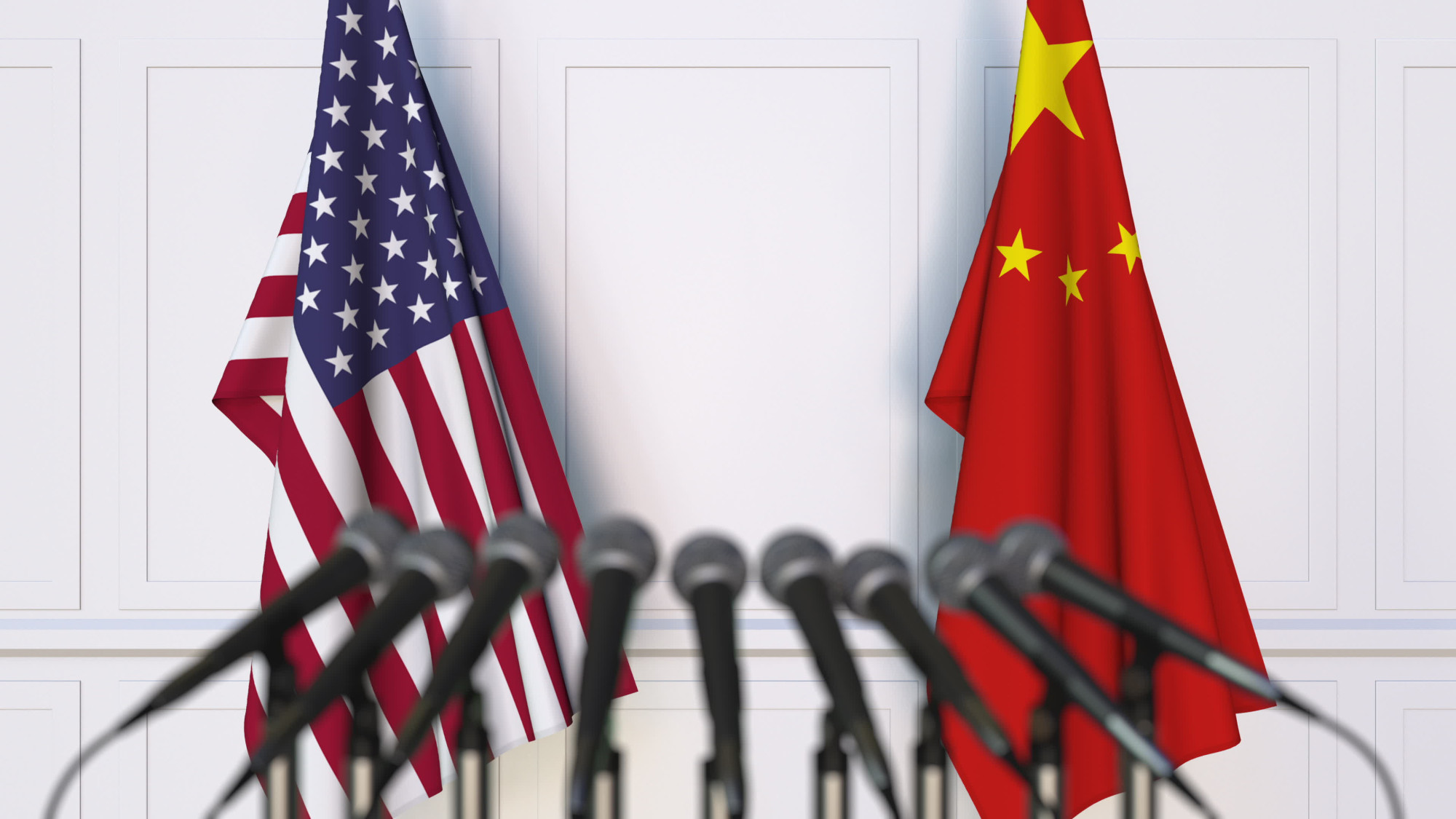
US beats China in soft power and popularity in Southeast Asia, giving it regional edge: analysis
-
Majority of citizens in 10 countries examined trusted Washington over Beijing, especially in Indonesia, the Philippines and Vietnam
-
China widely seen as major economic power, while the US perceived as providing significant traditional development aid
The United States enjoys greater soft power and popularity in Southeast Asia than China, presenting Washington a distinct advantage as the two giants face off in the strategically vital region, a comprehensive polling analysis released on Tuesday found.
Global Impact is a weekly curated newsletter featuring a news topic originating in China with a significant macro impact for our newsreaders around the world.



